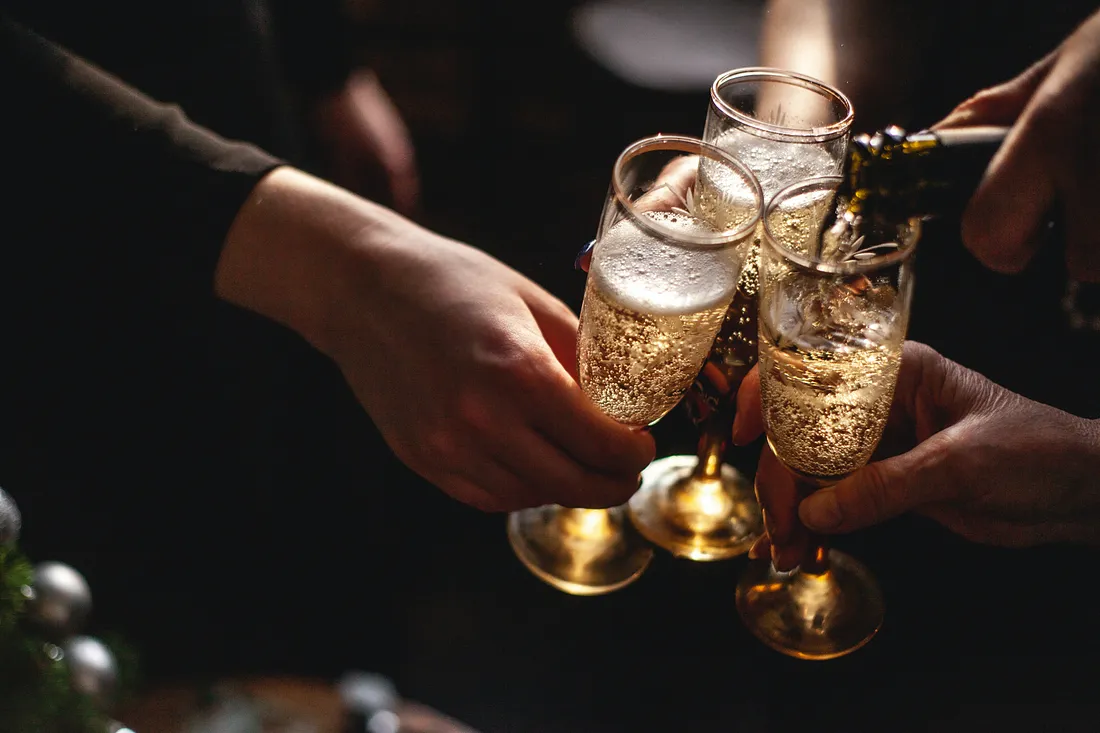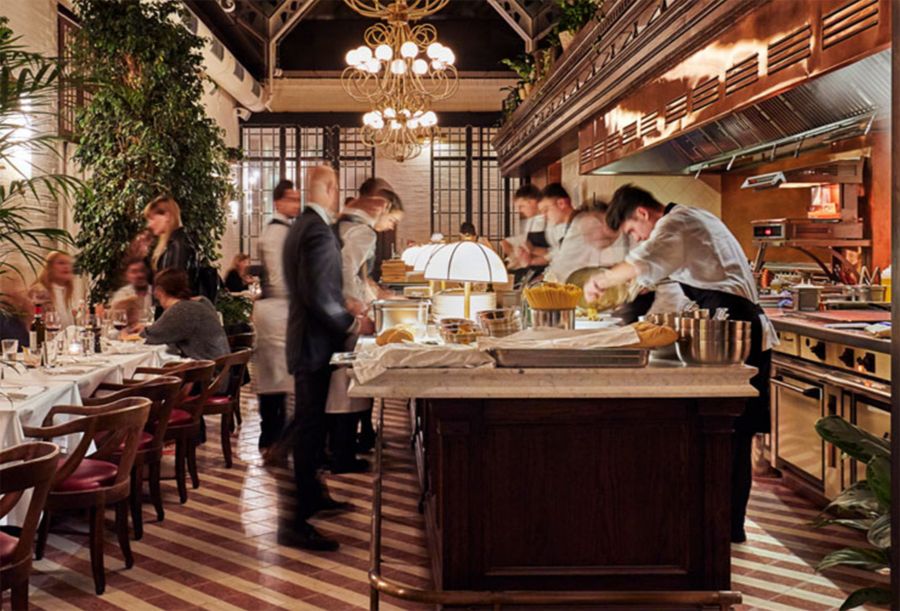Is it Dry January’s last call?
I recently wrote about the growing number of new nonalcoholic bottle shops popping up in major cities–fueled by the burgeoning sober-curious movement. So, it may shock you to learn one of the movement’s more popular trends, Dry January (when people give up alcohol for the first month of the year), is on the decline. You heard that right: Fewer people say they’re participating in 2023’s sober festivities according to a recent survey by Morning Consult. This year, the number of adults who said they would take part in Dry January dropped from 19 percent to 15 percent compared to last year. But the reason why may surprise you. Dry January’s dry spell If more adults are embracing sobriety as a lifestyle (even if it’s just a month-long), then why did Dry January participation take a hit? We just answered our question. One reason fewer people are partaking is because people are drinking less overall. This is especially true for millennials. In December 2021, almost 70 percent said they drink. Last December, that number dropped to 62 percent. This is huge for a generation that reports drinking alcohol more frequently than others. And, ironically, Dry January participation might also be down due to last year’s success. That is, 2022’s
Is agave the next great spirit?
Agave is having a moment. While spirits distilled from the plant, like tequila and mezcal, have always been crowd favorites, they’re currently experiencing a worldwide boom. The growth of agave spirits didn’t come out of nowhere and brands have been taking notice for years. Have you spotted more mezcal being offered in stores, bars, and restaurants lately? This isn’t a coincidence. Between 2017 and 2018, industry giants like Pernod Ricard, Bacardi, and Sazerac all invested in mezcal, signaling the smoky spirit’s expected expansion. Companies may have been eyeing mezcal, but tequila sales remained popular and made $3 billion in revenue in 2018. The recent agave explosion presents a great opportunity for large and independent companies around the world. Although Indigious communities in Mexico have grown and distilled the plant for centuries, agave-based spirits are currently in global demand. This year, Americans will spend more money on Mexican-grown agave spirits than they do on American-made Whiskey for the first time ever. By 2023, tequila and mezcal are expected to dethrone vodka as the country’s favorite spirit based on sales (and carry an impressive $13.3 billion value). In Canada alone, agave’s value is expected to grow 109% by 2026. However, it’s important to remember one major factor–by definition, tequila and
5 hotels that stand out for their restaurants
Exploring new destinations to visit on my next trips and outstanding gastronomic proposals, I saved some acclaimed hotels in the world for the popularity of their restaurants. In the heart of Paris, the famous Hotel Le Bristol, which alone leads in luxury experiences, also has a high gastronomic prestige with its 3-star Epicure restaurant, run by chef Eric Frechon, recognized for the classic style of the French food with unexpected techniques for every meal of the day. The place for an exceptional and elegant evening with a view of the Acropolis of Athens, is GB Roof Garden, at the Grande Bretagne Hotel, basing its dishes on fresh ingredients and local products from Greece, standing out with modern techniques of Mediterranean haute cuisine, led by Chef Koustoudis, "Through our dishes we try to present the richness of our country to all visitors." In South America, a kitchen with seasonal assortments, a touch of modern Italian style to enjoy in the Emiliano restaurant, located in the Emiliano Hotel in Sao Paulo, Brazil. An extraordinary hotel in a stunning location is the perfect definition for the St. Regis Dubai, with several high-end restaurants including J&G Steakhouse, steakhouse classics inspired by Michelin-star chef Jean-Georges Vongerichten. The experience is


